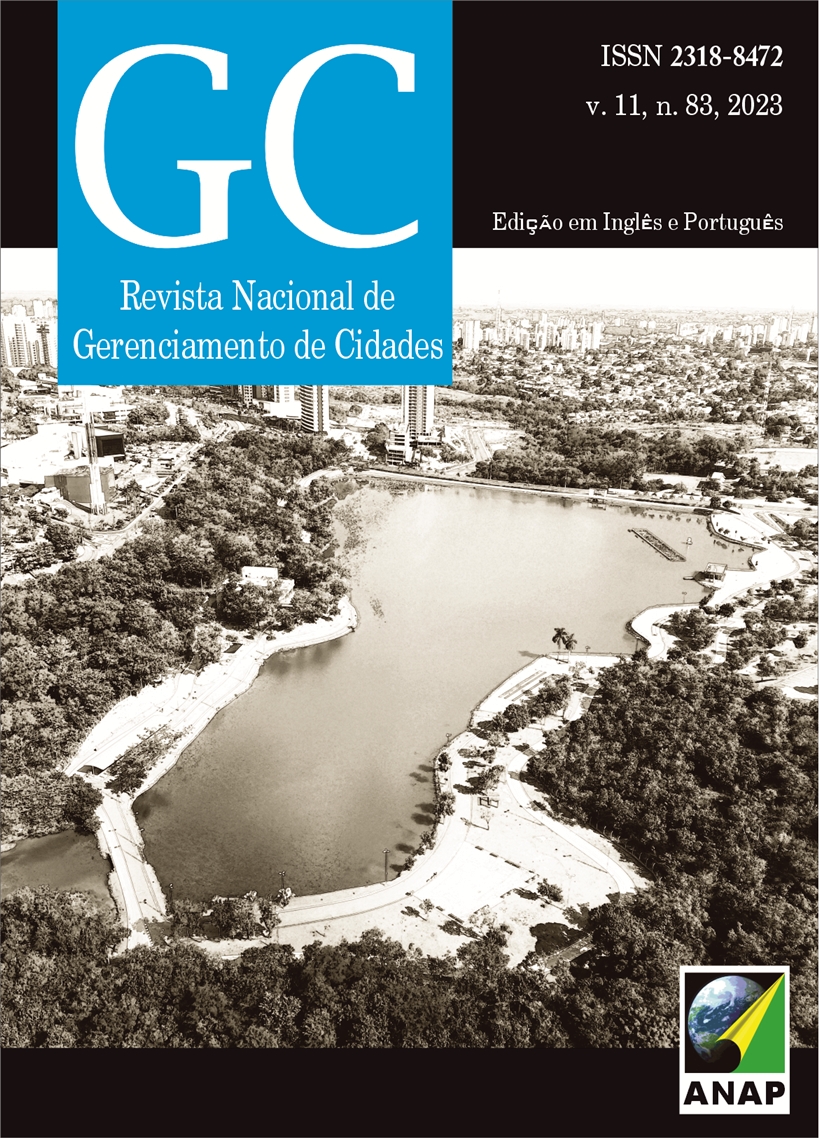Systematization of Urban Instruments via SWOT Matrix Analysis: A Study of the Master Plans of Araraquara-SP, Brazil
DOI:
https://doi.org/10.17271/23188472118320234704Palabras clave:
Master plan, Urban instruments, SWOTResumen
This study aims to systematize and analyze the utilization of urban instruments stipulated by the City Statute in the first and second generations of the master plans for Araraquara, a city in São Paulo State, Brazil. We employed a modified SWOT analysis method to systematize information regarding exogenous conditions, which pertain to the regulation of instruments in accordance with federal legislations, and endogenous conditions, which relate to the instruments’ implementation by the municipal government. Our findings indicate that Araraquara has yet to fully leverage the potential of the urban instruments outlined by the City Statute, either in their definition or implementation. Moreover, the municipality has shown some maturity, drawing from the experiences of the first-generation master plan. From this vantage point, numerous tools have either not been implemented, inappropriately applied, or undergone decharacterization due to amendments from complementary laws, particularly after the plan’s revision in 2014.
Descargas
Descargas
Publicado
Número
Sección
Licencia

Esta obra está bajo una licencia internacional Creative Commons Atribución-NoComercial-CompartirIgual 4.0.














